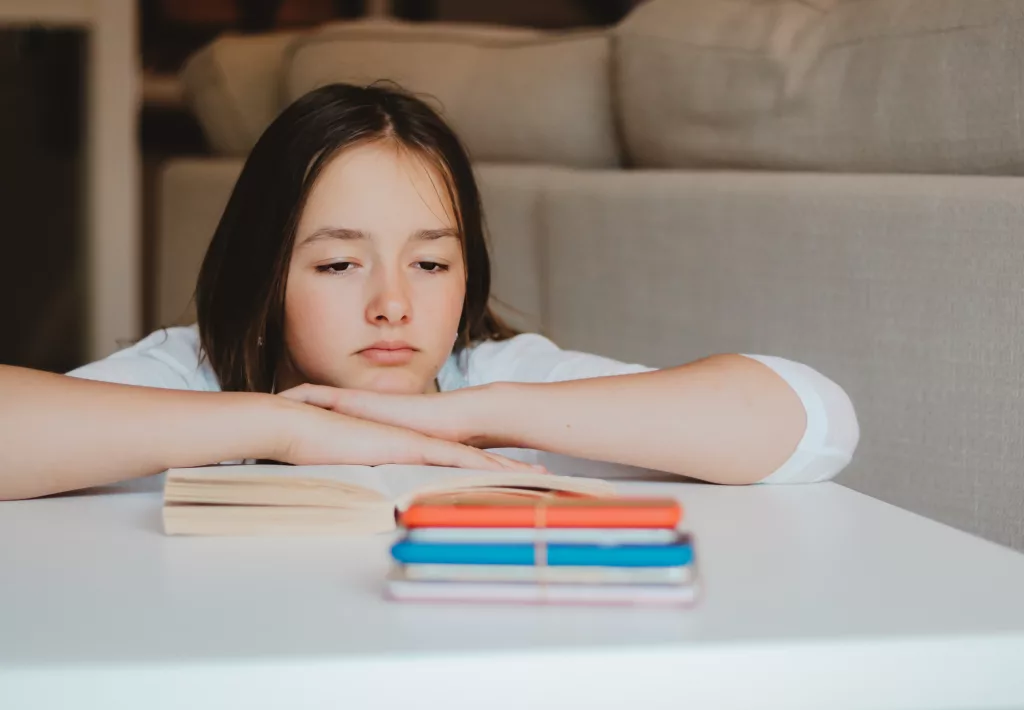In classrooms around the world, a quiet crisis is unfolding as curriculum battles over book bans and educational content grow increasingly intense. These disputes are more than academic squabbles—they are reshaping the landscape of education, impacting teacher autonomy, and limiting students’ exposure to diverse perspectives. The stakes are high: censorship, political pressure, and the erasure of marginalized voices threaten to undermine the very essence of a well-rounded education. As we delve into this issue, the implications for our future generations become starkly clear, urging us to reflect on what kind of learning environment we want to cultivate.

Imagine a high school classroom where a teacher hesitates before selecting a book for a lesson, not out of concern for its educational value, but out of fear of backlash. This scenario is becoming increasingly common as curriculum battles over book bans and educational content intensify worldwide. These debates are not just about books but about the very essence of education and the diverse perspectives it should encompass.
The push for book bans and restrictions on discussions related to race and gender has sparked significant controversy. According to a report from the American Library Association, there were over 729 challenges to library materials during the last academic year, marking a significant increase from previous years. Many of these challenges targeted books addressing LGBTQ+ themes or racial issues, highlighting a growing trend of censorship aimed at erasing diverse perspectives from education.
A Crisis of Censorship
The impact of these curriculum battles is profound. A survey conducted by PEN America found that 41% of teachers reported avoiding certain topics due to fear of backlash or censorship. Dr. Jonathan Friedman, director of free expression and education at PEN America, aptly states, “The wave of book bans and curriculum censorship is a direct attack on the rights of students to access diverse perspectives and learn about their world.” This chilling effect stifles critical conversations and limits students’ understanding of complex societal issues.
Teachers are increasingly feeling the pressure. One in five educators has faced challenges to their curriculum materials, often citing political pressure as a significant factor. This growing interference hampers their ability to provide a comprehensive education. A high school teacher expressed concern, saying, “When we start banning books, we are not just limiting access to information; we are stifling critical conversations that our students need to engage in to understand the complexities of society.“
The Broader Implications
The ramifications of these curriculum battles extend beyond individual classrooms. Banning books and limiting discussions on sensitive topics amounts to censorship, depriving students of the opportunity to engage with diverse perspectives and develop critical thinking skills. This trend disproportionately affects marginalized communities, as it restricts access to literature and discussions that reflect their experiences and histories.
The political polarization surrounding these debates further complicates the issue. The curriculum wars often reflect broader societal divisions, diverting attention from the primary goal of education: to foster learning and understanding among students. As Betsy DeVos, former U.S. Secretary of Education, noted, “Parents have a right to know what their children are being taught. However, we must ensure that this does not lead to a culture of censorship that undermines educational integrity.“

Striking a Balance
The ongoing battles over curriculum and book bans present several challenges that require a balanced approach. It is essential for educators, policymakers, and communities to engage in constructive dialogue that prioritizes the educational needs of all students. By ensuring that students have access to a diverse range of perspectives, we can foster an environment where critical thinking and open discourse thrive.
In conclusion, the curriculum battles and book bans highlight the urgent need for a balanced approach to education. Respecting parental rights while ensuring students access diverse perspectives is crucial. As these debates continue, it is vital to remember the primary goal of education: to foster learning, understanding, and critical thinking in an environment that encourages open dialogue and respects the diversity of experiences and opinions.
Summary
- Increasing Book Bans: Over 729 challenges to library materials over the last academic year, targeting books on LGBTQ+ and racial issues.
- Teacher Censorship: 41% of teachers avoid certain topics due to fear of backlash.
- Political Pressure: One in five teachers faces curriculum challenges, driven by political factors.
Editor’s Opinion
As we reflect on the escalating curriculum battles and book bans, the initial concerns outlined in the introduction have proven alarmingly accurate. The ongoing disputes are not mere ideological differences but are reshaping the very core of our educational systems. Teacher autonomy is increasingly compromised, and students are being deprived of the rich, diverse perspectives essential for fostering critical thinking. The political pressures and censorship that pervade these debates risk creating an environment where open discourse is stifled, and marginalized voices are silenced. The need for a balanced, inclusive approach to education has never been more urgent. It is imperative for educators, policymakers, and communities to engage in constructive dialogue, ensuring that all students have access to a comprehensive, open-minded education that prepares them for the complexities of the world ahead.

